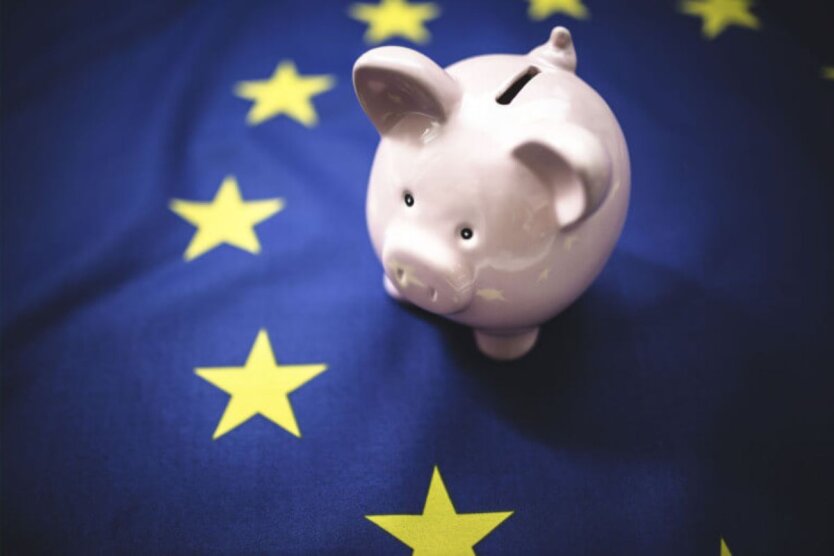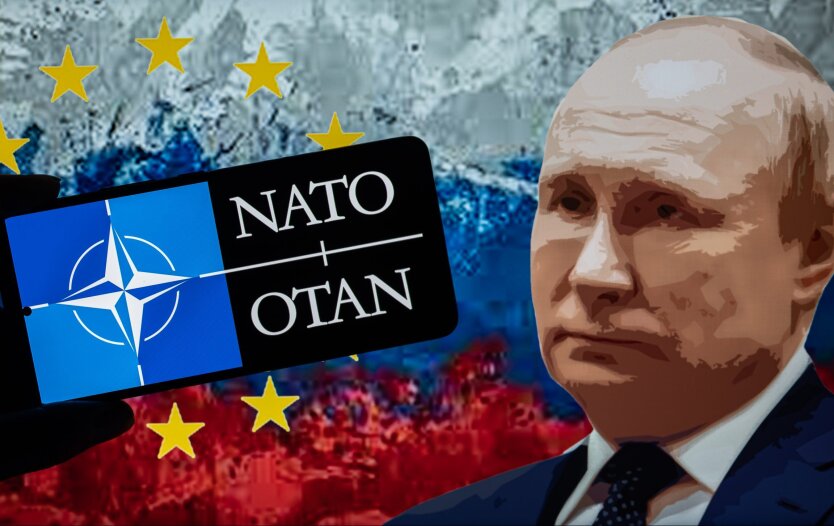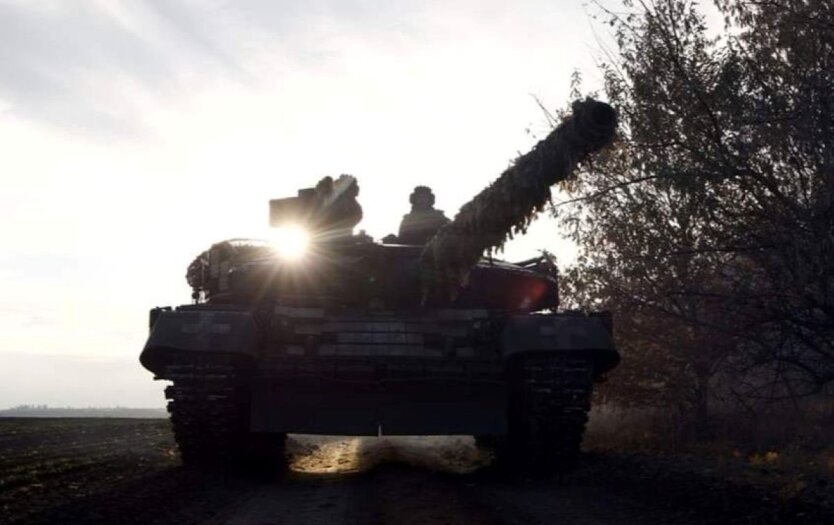The European Commission is preparing a radical review of the EU budget.


The European Commission is considering the possibility of reforming the budget of the European Union by replacing dozens of programs with three main funds. This will allow national governments to have more financial autonomy. The reform is aimed at making the EU budget more flexible and capable of responding to new challenges, including rising defense costs and debt repayments.
Instead of over 50 separate programs, it is proposed to create three main funds:
A fund for national investments and reforms that will combine regional funding and subsidies for the agricultural sector.
The European Competitiveness Fund aimed at supporting key sectors of the economy and innovative projects.
An updated foreign policy fund that will align expenditures with the long-term strategic interests of the EU.
This reform may also change the funding mechanism for defense initiatives, including directing more funds to cross-border military projects.
The European Commission has not yet named a specific amount for the new budget but states the need to allocate a significant portion of funds for debt repayments, particularly the repayment of bonds issued during the COVID-19 pandemic. The reform should be carried out later, as the current budget mechanisms are not effective enough and are bureaucratic.
A proposal for a new Multiannual Financial Framework is planned to be presented this summer. The process of adopting the new budget requires the consent of all 27 EU member states.
Member of the European Parliament Siegfried Mureșan stated that the new approach aligns with the current priorities of the Union, especially regarding defense and competitiveness.
A representative of the European Commission declined to comment on the content of the proposal before its public release, which is expected on Wednesday.
The issue of 5% defense spending for European countries, raised by Donald Trump, is provocative, given that even 2% is unattainable for many NATO members.
Read also
- Trump threatens to withdraw subsidies from Musk and consider his deportation: why the conflict has flared up again
- Strike on occupied Donetsk and Luhansk: Main news of the night
- The whole world laughs at Trump. The legendary hockey player reacted to the shelling of Ukraine by Russia










